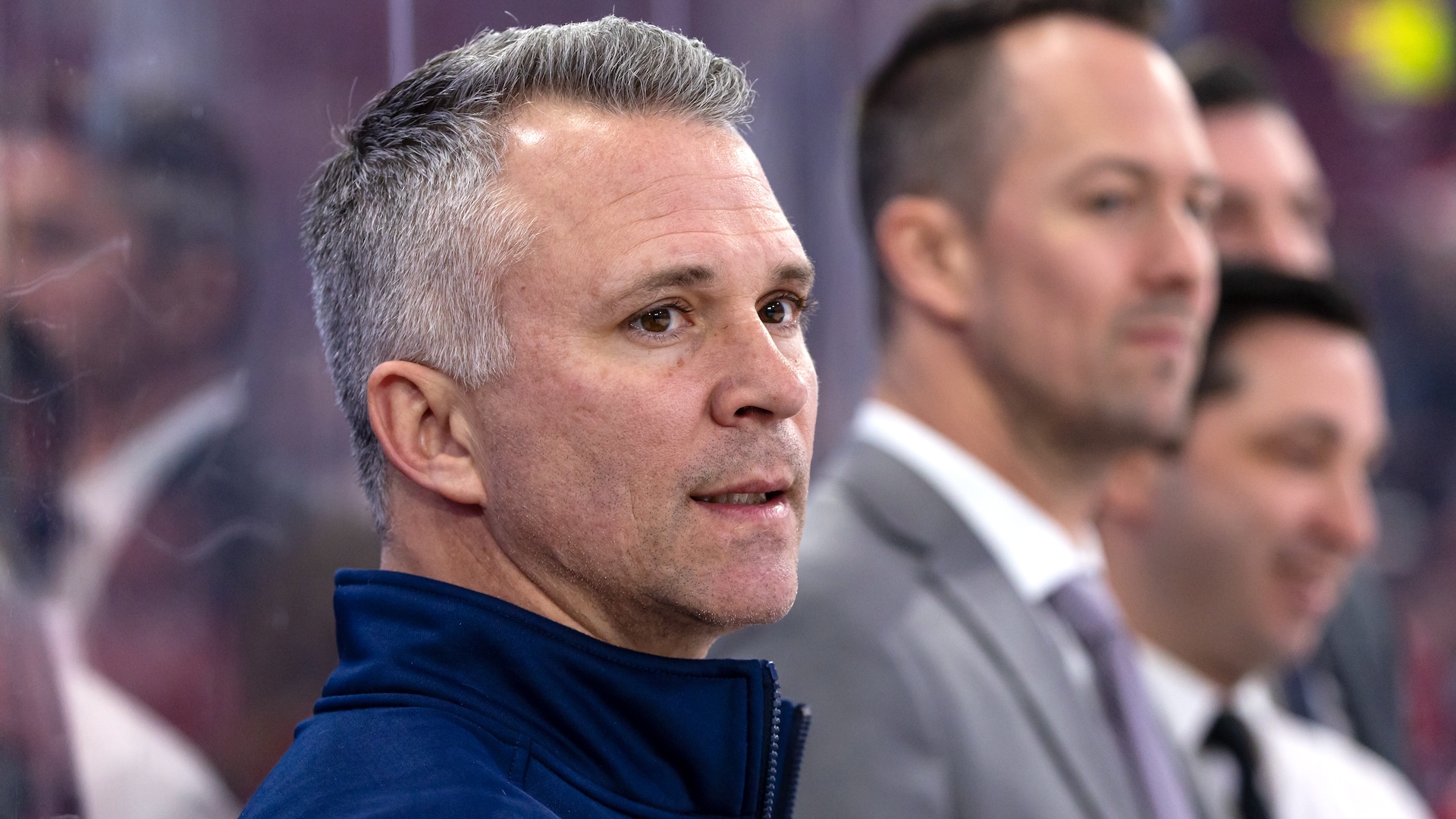Cole Caufield signed a good contract (for everyone) with the Habs: https: //t.co/YiWo2Jkta8
Plus, he has no non-movement clause: https: //t.co/3IHk4oQ5c1
What more could you ask for? @DLCoulisses pic.twitter.com/ViMmYjjAaW
– Charles-Alexis Brisebois (@Charles__Alexis) June 5, 2023
If Cole Caufield becomes underpaid, let’s hope he’s not unhappy (a la Max Pacioretty).
Auteur: Manuel Sperandio-Lemay
The reason it’s a stroke of genius is simple: goal scorers in the NHL pay for themselves. As a certain chansonnier once said: the most important thing is to put it in…
Seeing the Canadiens’ top scorer earn less than $8 million in his twenties is a good thing.
After all, let’s not forget that the Habs have set two benchmarks for their good players. If you want to earn eight million dollars, you’d better get up early and be better than Cole Caufield ($7.85M) and Nick Suzuki ($7.875M).
In terms of team culture, that’s a good thing.
What I find telling about Cole Caufield’s new contract is that the CH is rebuilding, it’s not super attractive, and even in that context, a star like him says “I want to be here as long as possible, whatever it takes” . https://t.co/UARjURQhDT
– Marc Antoine Godin (@MAGodin) June 6, 2023
I’m not afraid to say loud and clear that this is one of the best NHL contracts for the Habs… and that’s what forces me to ask questions from the other side, playing devil’s advocate.
In fact, it was my colleague JB Gagné, on his podcast last night, who put the question to me. What happens if, in a few years’ time, the prolific scorer feels he’s no longer being paid enough by the club?
Let’s agree that I don’t think so. First of all, Caufield isn’t the club captain and doesn’t have the same pressure. He’s also younger than Pacioretty was when he signed his six-year, $4.5-million-a-year contract.
Caufield, who signed his contract with full knowledge of the facts, also has a personality that’s different from Pacioretty.
On the Cole Caufield contract extension: https://t.co/ZpTLk9MnH3
– Arpon Basu (@ArponBasu) June 6, 2023
But even if he says today that he’s not thinking about money, perhaps that will change if, in a few years’ time, potential contract extension negotiations don’t work out in his favor.
That being said, it’s important to make one important distinction between Caufield’s contract and Pacioretty’s over time, regardless of the amounts involved.
Let’s not forget that, when Pacioretty signed his six-year contract, he already had five years in the pros under his belt. Four out of six years, or 2/3 of the contract, were years of autonomy.
Pat Brisson breaks down the highlights of Cole Caufield’s contract in an interview with Le Journal.
“Yes, it was important for the Habs not to go over Nick’s number.”
Negotiations were going on even before the shoulder surgery.https://t.co/xapx5TcRHj
– J-F Chaumont (@JFChaumontJDM) June 5, 2023
The Habs’ #22 was bought out for one year as an unarbitrated compensated free agent, four years as an arbitrated compensated free agent and three years as an unrestricted autonomous player.
It’s only natural that the first five years should bring the price down. It’s also normal in this respect that Nick Suzuki, who was bought four years of complete autonomy, should be paid more.
In Suzuki’s case, he was four years away from becoming an uncompensated autonomous player when he got his extension. The Habs therefore had one less year of autonomy to buy with Cole, compared to Nick.
That’s a lot of dollars. – Pat Brisson, Cole Caufield’s agent
Conclusion? I don’t see him becoming unhappy in the medium or long term. A lot can change between now and then, but circumstances are in the Habs’ favor right now.
In a gust
– Oh!
A LIV-PGA merger!?!https://t.co/tBhaaSwFmF
– Sébastien Goulet (@SebGouletTVAS) June 6, 2023
– What a great player.
He could become the first player to post a batting average above .400 since 1941. https://t.co/GQWYZKsmMb
– Passion MLB (@passion_mlb) June 6, 2023
– The Panthers are playing poorly. [BPM Sports]
– That’s a good one.
Kent signed two very important documents this week
Signed two important things this week#GoHabsGo https://t.co/Le2CxTSOGJ pic.twitter.com/6m7r80slFw
– Montreal Canadiens (@CanadiensMTL) June 6, 2023










